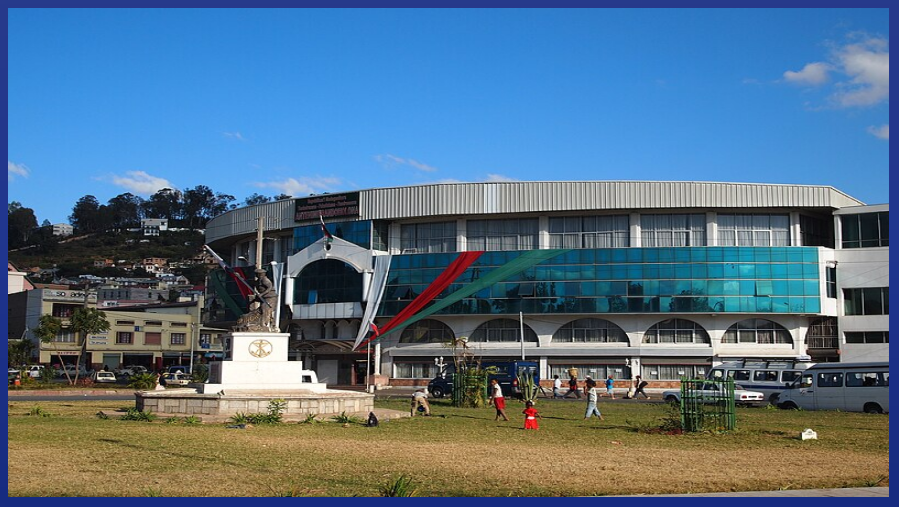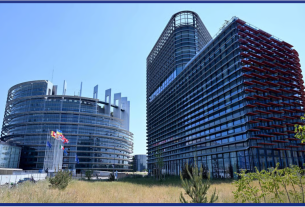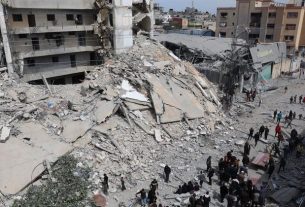Antananarivo, 9 October 2025 — Youth-led demonstrators in Madagascar have dismissed President Andry Rajoelina’s call for a national dialogue, denouncing it as a political maneuver that fails to address their grievances. The rejection comes after nearly two weeks of nationwide protests sparked by chronic power outages, water shortages, and allegations of corruption.
Protesters’ Position
The youth movement, known as Gen Z Madagascar, said in a statement that they would not participate in talks “with a regime that represses, assaults, and humiliates its youth in the streets.” Protesters argue that genuine dialogue is impossible while security forces continue to disperse rallies with tear gas and arrests.
Their demands have expanded beyond service delivery to include:
- President Rajoelina’s resignation
- Dissolution of the Senate and electoral commission
- Accountability for corruption and misuse of state resources
Government Response
In an effort to calm tensions, Rajoelina last week dismissed his cabinet and appointed Army General Rufin Fortunat Zafisambo as prime minister, pledging reforms to improve basic services. He also convened a national consultation at the presidential palace with religious leaders, students, and civil society representatives.
Rajoelina told attendees: “I don’t want flattery. I want to hear the truth. Those who told me everything was fine are responsible for our current situation.”
Despite these gestures, protesters view the reshuffle and dialogue as “cosmetic manoeuvres” that fail to address systemic issues.
Rising Tensions and Human Cost
The United Nations reports that at least 22 people have been killed and more than 100 injured since demonstrations began on 25 September. Local authorities dispute these figures but have not provided alternatives. Families of victims accuse the government of excessive force, further fueling anger on the streets.
Broader Context
The protests, inspired by similar Gen Z movements in Kenya and Nepal, represent the most serious challenge to Rajoelina since his re-election in 2023. Madagascar’s economy, heavily reliant on vanilla, nickel, cobalt, and textile exports, is under strain, with poverty and unemployment driving discontent.
Analysts warn that the crisis risks deepening if the government fails to engage protesters in credible dialogue and address structural grievances.
Outlook
With youth leaders calling for a nationwide strike and unions joining the movement, Madagascar faces a pivotal moment. The rejection of Rajoelina’s dialogue underscores a widening gulf between the government and its citizens, raising questions about the president’s ability to restore stability without deeper political concessions.
Madagascar-Senate-building-Picture-by-Lemurbaby
Sources: Reuters; Africanews; North Africa Post; UN Human Rights Office.



